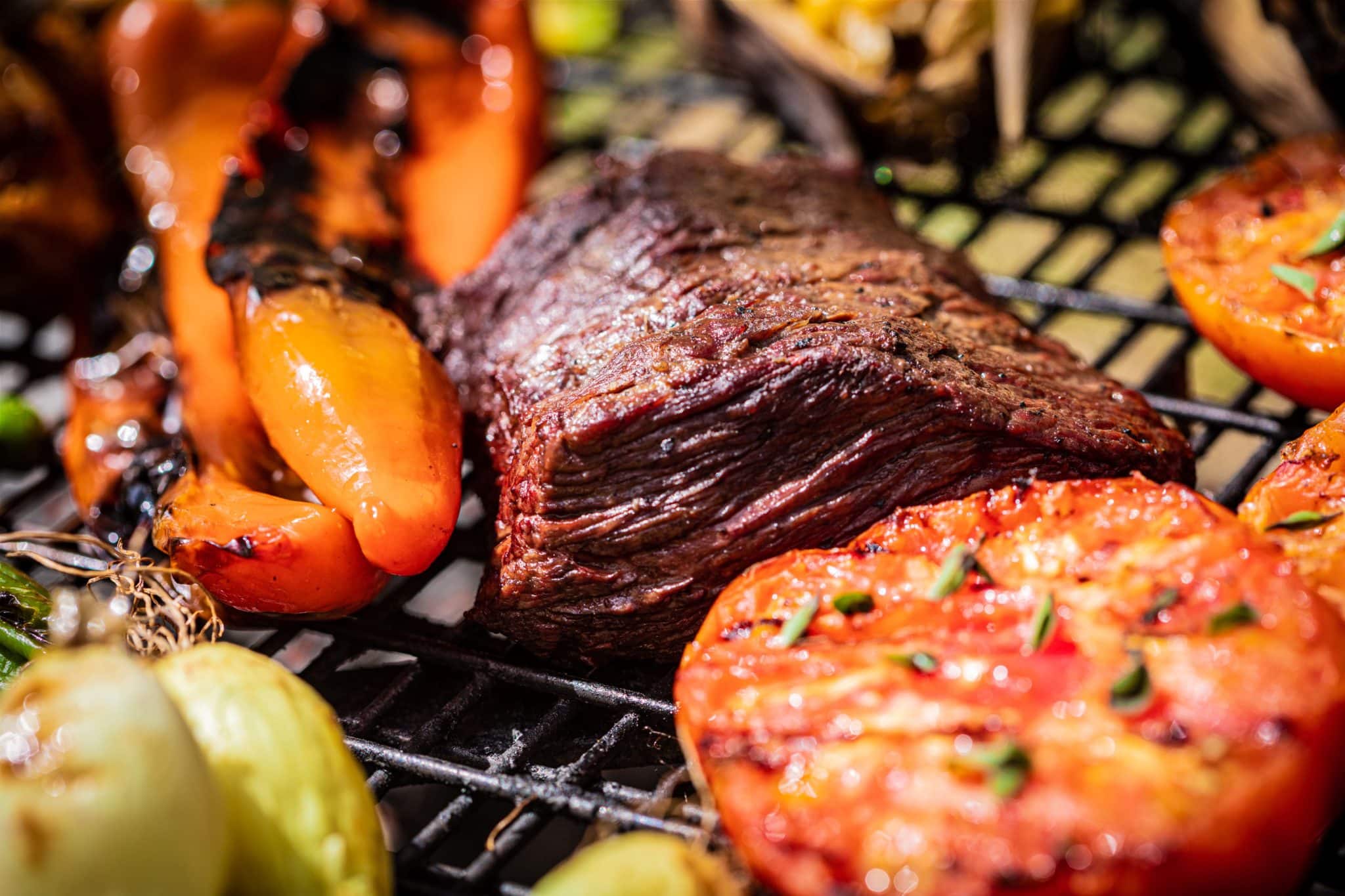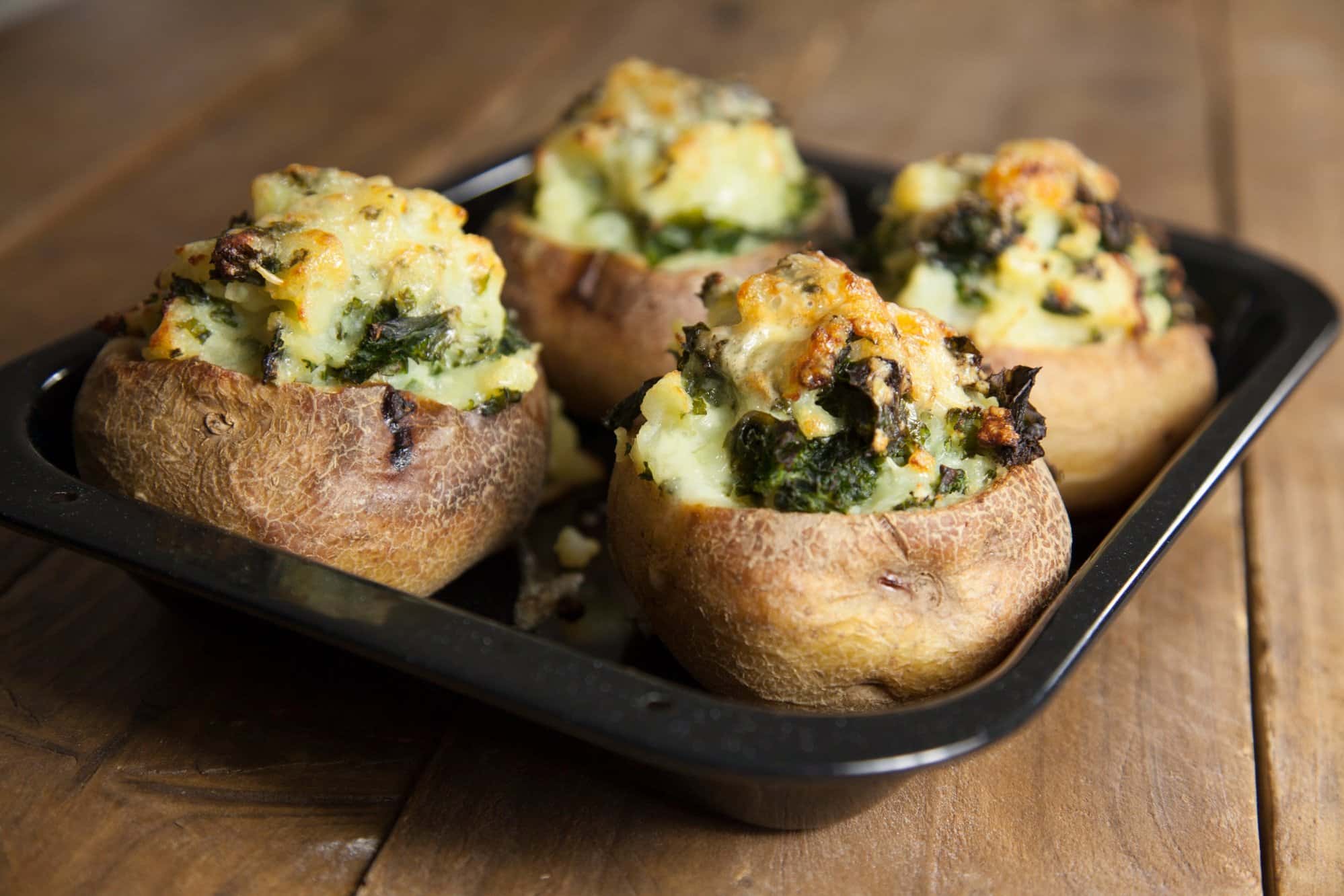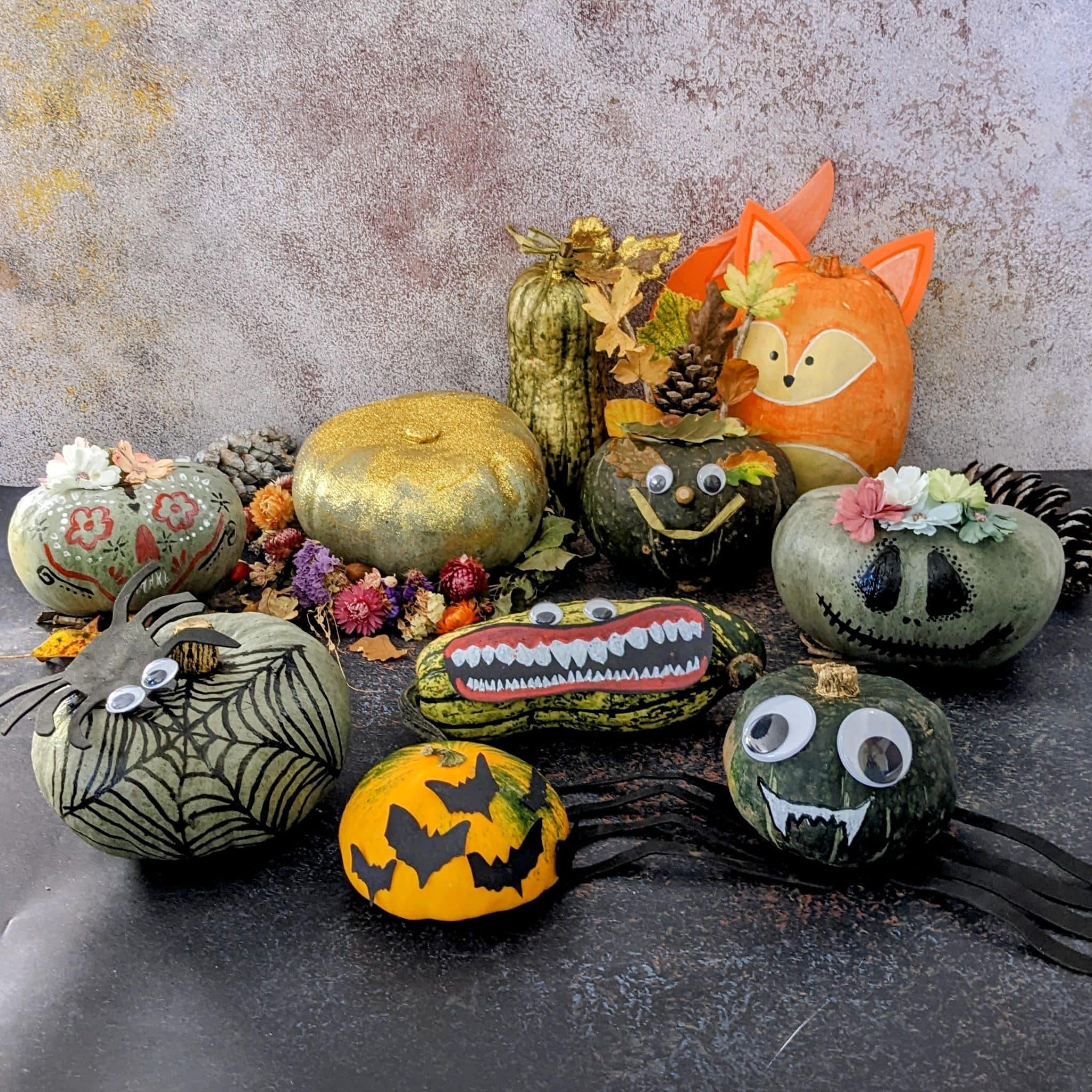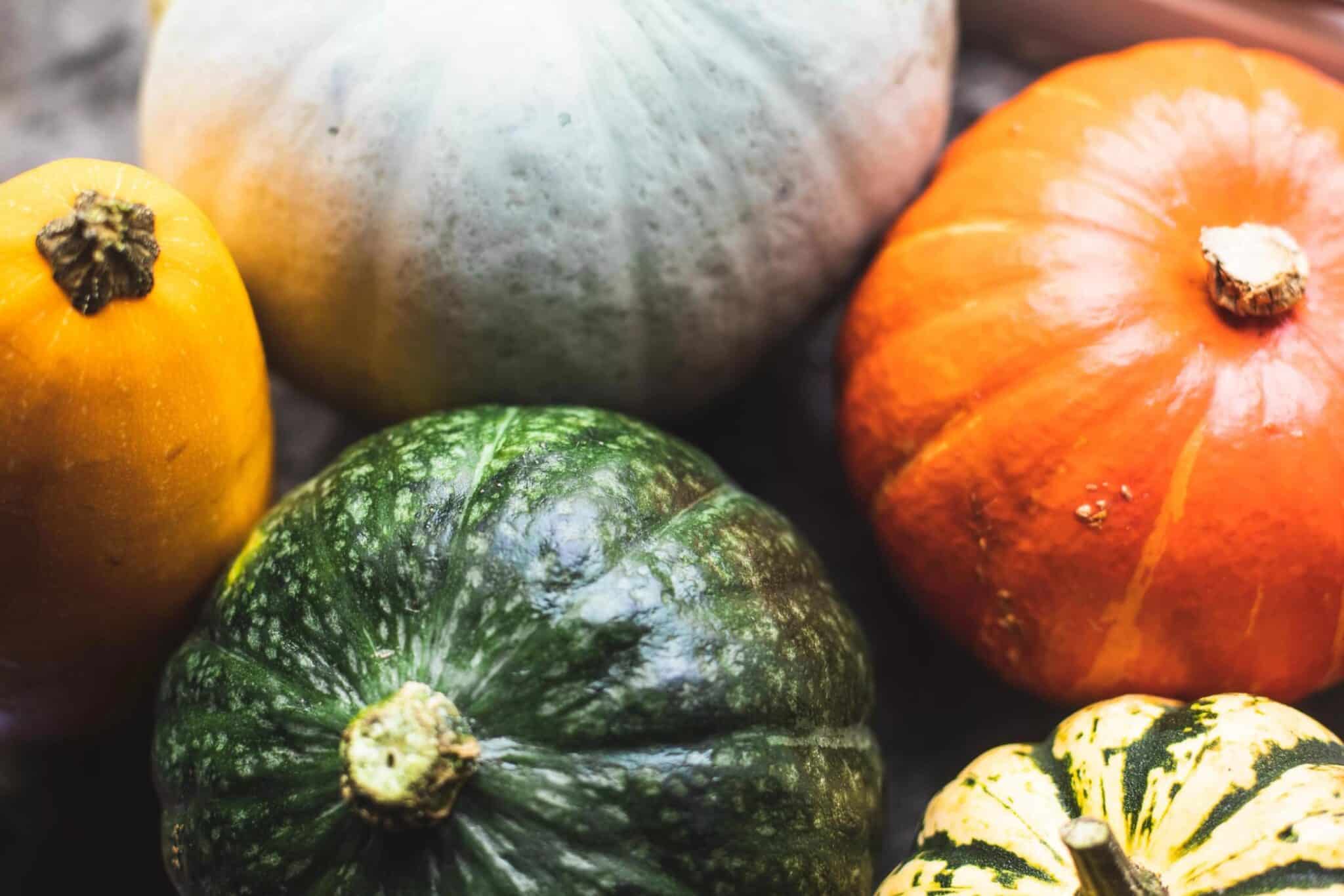Outdoor cooking has become a huge food trend during the last couple of years, when lockdowns saw 44 per cent more BBQs being held in 2020 – a whopping 100 million in total.
Although this number dipped as restaurants reopened, shoppers are now looking for cheaper alternatives to eating out, and a new trend is ‘restaurant-style BBQ’; people want to get together outside to enjoy how delicious cooking over fire can be, using better ingredients and a wider range of flavours.
During this summer’s heatwave, the London Fire Brigade has called for disposable BBQs to be taken off the shelves across Britain, and has warned against using BBQs in open spaces, grassland or balconies due to the fire risk. Time to end the throwaway silver trays – in any case, they cook food terribly, and are an expensive waste of resources.
Using a BBQ grill or firebowl at home instead means you can still connect with being outdoors, and there are plenty of ways to ensure you hold an amazing sustainable grilled feast in a few easy steps.
Charcoal
Starting with the basics, and you might want to reconsider where you source your BBQ charcoal, explains professional barbecue-er and author of Charred, Genevieve Taylor.
“Unfortunately, not all charcoal is created equal and unlike food we don’t question its origins or provenance – but we should,” she says. “In the UK, we’ve been importing as much as 90,000 tonnes of charcoal a year, the majority of which we pick up at the supermarket or the garage. But the bulk of this comes from tropical forests in South America and Africa; sadly, there can be little doubt some comes from the felling of virgin rainforest.”
But is there a more ethical alternative? Luckily, there is – and right on our doorstep. Taylor is a great advocate of UK-sourced charcoal for the lowest environmental impact and best flavour when cooking over coals. “There is only one choice – British lump wood charcoal produced in a modern, environmentally sensitive way,” she says.
“The newer ‘retort’ kiln system is closed and ‘off-gases’ recycled within the system, creating a far cleaner process with 75 per cent less pollution. There are no chemicals that need burning off – you can get it lit and be cooking on it in just a few minutes.”

What’s even better is that this technique can also provide a sustainable industry for British woodlands, when wood is harvested by coppicing, or ‘thinning out’.
Kindling
Without the fire accelerants that are in cheap charcoal, you may worry that it will be a bit of a struggle to get a good blaze but natural firelighters, made from sustainable, untreated waste wood offcuts, work just as well and won’t taint the taste of your food – such as Kind Wood’s kiln-dried kindling.
Meat
Now we have heat sorted, what about the feast itself? For many, a BBQ still isn’t complete without the meat. Buying organic is a guarantee of the highest standards of animal welfare, while grass-fed means animals live outside and are not fed any imported grains. Both sources have a lower environmental impact as a result, plus an incredible flavour.
Look out for the organic or Pasture for Life labels or buy from trusted ethical retailers (meat box scheme Pipers Farm only supplies grass-fed meat from small family farms, for example). And don’t hesitate to ask questions about how or where your meat was reared if you’re shopping at your local butcher.

For all meat, ‘less and better’ is a good rule of thumb and leave room for plenty of veg on your plate.
When it comes to cuts, Taylor says: “It is easier to cook a thick steak – thin ones tend to overcook on the inside as the outside caramelises, but thick ones stay succulent. It pays to have a thermometer to take away any guesswork – I really wouldn’t barbecue without one.”
Fish
For fish, look for sustainably caught seafood, with line-caught fish from day boats under 10m long being the most sustainable, with less by-catch or damage to the ocean floor that the huge factory fishing trawlers can cause.
Veg
The seasonal veg that is so abundant in summer can be centre stage on the grill, bringing freshness and variety to the traditional BBQ line-up. For the lowest carbon footprint, go for organic (where healthy soils preserve nature and boost carbon storage), eat seasonal and choose zero air freight, with as little packaging as possible.
Unsure about how to plan a veggie menu? Try a kit for starters – Riverford’s BBQ veg bag includes summer veg which work fantastically well, chef’s tips on how to cook them over fire, plus some flavour boosting extras.

There’s really very few limits to what veg you can BBQ, which brings out a wealth of new flavours and textures. “I love cooking sweet potatoes on a barbecue plancha to add a little extra smoky flavour with some wood chips,” says Taylor. “A favourite recipe is herby sweet potato wedges, with lemon tahini and peppery watercress, from my book Charred which has plenty of veg inspiration.
“Tofu is another great alternative. I often do sweet and sour tofu kebabs starting with a sticky marinade of soy, rice wine and sake that is great as a dipping sauce too.”

Riverford chef Bob Andrew says while direct heat works for a speedy, searing cook (ideal for veg that is thin and will cook fast – think asparagus spears or courgette strips), a slower and lower cook allows heat to build up through the whole veg, perfect for your cabbages, squash or sweetcorn. “The fire is at its hottest just after the flames have died down and you have glowing embers with small flicker flames,” he adds.
And don’t stop at savoury – try balsamic BBQ strawberries, threaded onto skewers they only want a quick flip-flop across the grill to warm and caramelize them; utterly delicious.
For a full guide on how to cook veg on open fire, click here.









0 Comments